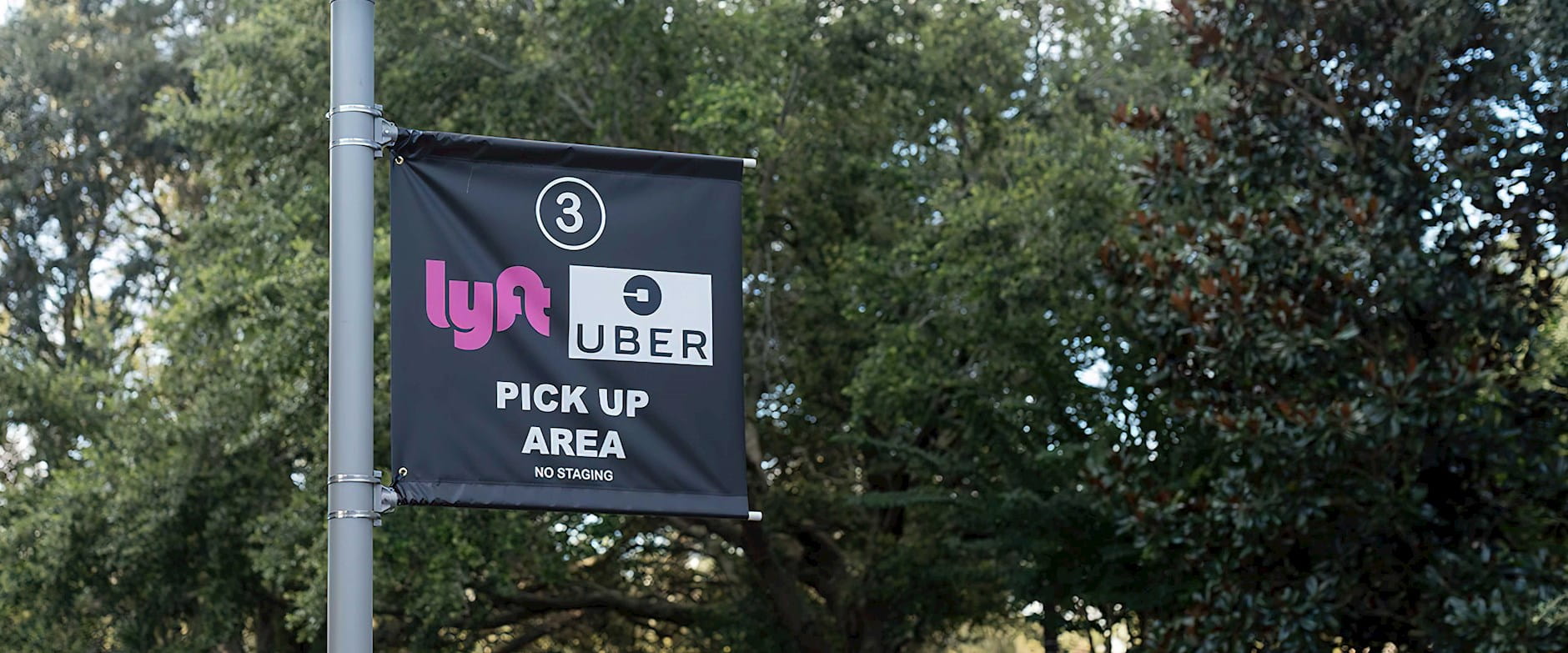Ride-share applications such as Uber and Lyft have ushered in an era of convenience for cab-hailing consumers. People needing transport can now summon door-to-door service using their phones, often for less than the price of a traditional taxi. And proponents have noted other potential advantages, including fewer drunk drivers on the road, more carpooling, and less car ownership.
But Chicago Booth’s John Barrios, Rice University’s Yael V. Hochberg, and Rice PhD candidate Livia Hanyi Yi find significant costs associated with ride sharing. Most notably, they link ride sharing to a rise in auto-related deaths.
The researchers built a model around the hypothesis that a combination of cheap, convenient rides for passengers and easy income opportunities for drivers would increase the number of cars on the road. In their model, the average quality of drivers changes as some people shift from driving to ride sharing, while others become ride-share drivers. Accidents are a function of vehicle miles traveled (VMT) and average driver quality, which encompasses driving skill as well as intoxication or impairment.
The researchers conducted quarterly observations of large US cities between 2001 and 2016, and they used staggered roll-out dates from Uber and Lyft to review the eight quarters preceding and following ride-share adoption by the cities in the sample.
In the 1980s, the number of fatal auto accidents in the United States began falling, the researchers note, using data from the National Highway Traffic Safety Administration. But the trend began reversing in 2010, the year ride sharing launched. Barrios, Hochberg, and Yi calculate an annual 3 percent increase in auto deaths nationwide after ride sharing was introduced, representing 987 lives lost each year. While many of these were driver and passenger casualties, the number of pedestrians involved in fatal auto accidents also rose.
The biggest increase in accidents occurred in larger cities, which saw a rise in new-car registrations despite having public-transportation systems. This uptick in new vehicles suggests to the researchers that consumers used ride sharing to replace trips on public transit—and some may have purchased cars specifically for ride-share driving. The result: more cars on the road, more congestion, and more accidents.
The researchers further find that the intensity of ride-share use, based on Google searches for terms such as “Uber” and “Lyft” in the cities studied, was linked to an increase in auto fatalities. (While riders typically hail ride-sharing cars through apps, Google searches for “Uber” are strongly correlated with the number of active drivers per capita in each market.)
The apps’ carpooling features didn’t markedly decrease total VMT, per the research, nor did they reverse the increase in fatalities, possibly in part because carpooling is just 20 percent of overall rides.
Evaluating the effect of ride sharing on driver quality is complicated, according to the researchers. An increase in high-quality ride-share drivers could offset increased VMT and potentially reduce accident rates; however, while some poor drivers may substitute ride sharing for driving, other passengers may be skilled drivers who simply enjoy the convenience. At the same time, lesser-quality drivers may be tempted to drive for ride-sharing services.
Ride sharing is relatively new, the researchers acknowledge, and they recognize that the benefits of the trend include increased options for disabled passengers and employment opportunities for drivers. In calculating the welfare effects for cities, they cite research that finds UberX generated a $7 billion consumer surplus in the US in 2015. But this amount, they estimate, is dwarfed by the annual $9.5 billion cost of ride-share-related fatality increases, per analysis using data from the US Department of Transportation.
- John Barrios, Yael V. Hochberg, and Livia Hanyi Yi, “The Cost of Convenience: Ridesharing and Traffic Fatalities,” Working paper, September 2018.
- Peter Cohen, Robert Hahn, Jonathan Hall, Steven Levitt, and Robert Metcalfe, “Using Big Data to Estimate Consumer Surplus: The Case of Uber,” Working Paper, September 2016.
Your Privacy
We want to demonstrate our commitment to your privacy. Please review Chicago Booth's privacy notice, which provides information explaining how and why we collect particular information when you visit our website.
